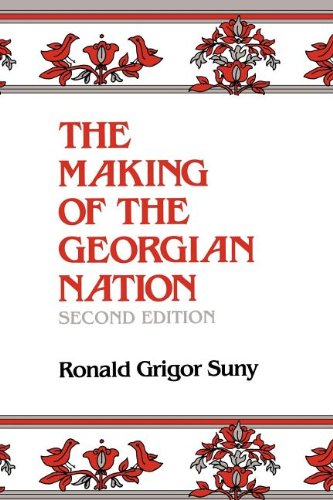
Georgian social democracy was the most successful social democratic movement in the Russian Empire 토파즈 다운로드. Despite its small size, it produced many of the leading revolutionary figures of 1917, including Irakli Tsereteli, Karlo Chkheidze, Noe Zhordania, and Joseph Stalin 4k 비디오 다운로드. In the first of two volumes, Stephen Jones writes the first history in English of this undeservedly neglected national movement, which represented one of the earliest examples of European social democracy at the turn of the twentieth century 다운로드.
Georgian social democracy was part of the Russian social democracy from which Bolshevism and Menshevism emerged. But innovative theoretical programs and tactics led Georgian social democracy down an independent path 겟 아웃 한글 자막. The powerful Georgian organization united all native classes behind it, and it set a remarkable precedent for many of the anti-colonial nationalist movements of the twentieth century .net framework 4.6 다운로드. At the same time, Georgian social democracy was committed to a “European” path, a “third way” that attempted to combine grassroots democracy, private manufacturing, and private land ownership with socialist ideology 링크티비.
One of the few Western historians fluent in Georgian, Jones fills major gaps in the history of revolutionary and national movements of the Russian Empire 다운로드.
Jones, S. F. (2005). Socialism in Georgian colors: The European Road to Social Democracy, 1883-1917. Harvard University Press 다운로드.
See on books.google.com; Review (Susanne Hillman, Australian Slavonic and East European Studies)

 Like the other republics floating free after the demise of the Soviet empire, the independent republic of Georgia is reinventing its past, recovering what had been forgotten or distorted during the long years of Russian and Soviet rule
Like the other republics floating free after the demise of the Soviet empire, the independent republic of Georgia is reinventing its past, recovering what had been forgotten or distorted during the long years of Russian and Soviet rule 